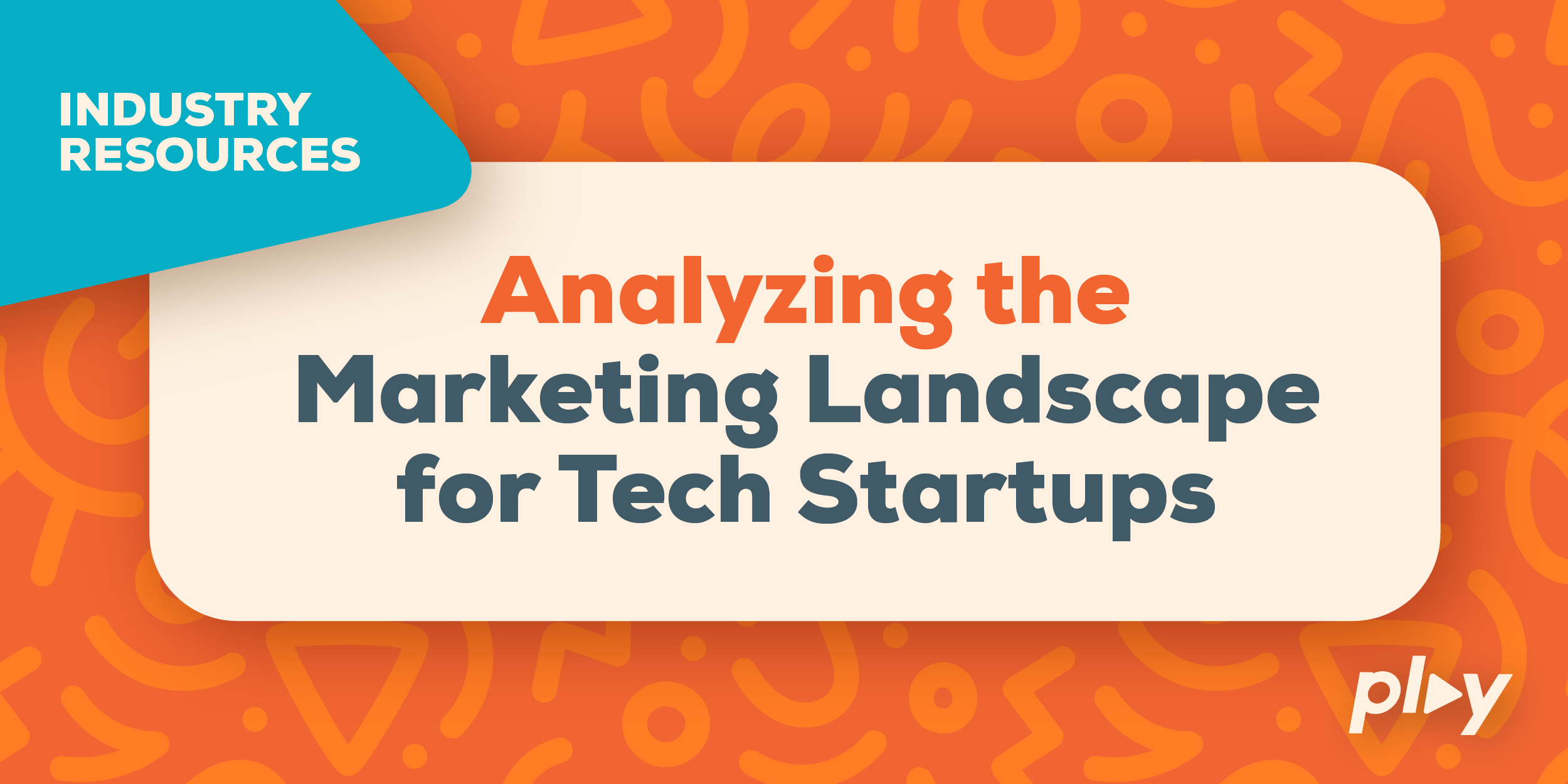Tech Advertising: Analyzing the Marketing Landscape for Startups

As a seasoned marketing professional with a passion for empowering tech startups, I’ve delved deep into the data to uncover the advantages and disadvantages that accompany their marketing endeavors. Let’s explore these insights together:
Advantages
Innovative Products:
According to a report by CB Insights, 42% of startups fail due to a lack of market need. However, tech startups often possess groundbreaking products or services that address unmet needs or revolutionize existing industries. Research from McKinsey & Company indicates that companies with innovative offerings are more likely to achieve sustained growth and outperform competitors in the long run. By showcasing their unique value proposition, tech startups can captivate early adopters and carve out a distinct market niche.
Digital Marketing Dominance:
In today’s digital-centric world, online marketing channels offer unparalleled reach and targeting capabilities. According to Statista, global digital ad spending is projected to reach $526 billion by 2024, reflecting the growing dominance of digital advertising channels. Tech startups can leverage this trend to their advantage by deploying targeted campaigns across platforms such as Google Ads, Facebook, and LinkedIn. By harnessing the power of data-driven targeting and personalized messaging, startups can effectively engage their target audience and drive conversions at a fraction of the cost of traditional advertising methods.
All-in-all, tech advertising doesn’t have to be overwhelming! And we’ve got the strategies to get you started!
Data-Driven Insights:
The proliferation of digital marketing tools has empowered tech startups to gather rich data and analytics to inform their marketing strategies. A study by Salesforce found that high-performing marketing teams are 1.5 times more likely to use data and analytics extensively to drive decision-making. By tracking key metrics such as website traffic, conversion rates, and customer engagement, startups can gain valuable insights into consumer behavior and preferences. Armed with this knowledge, they can iterate rapidly, optimize campaigns in real time, and deliver more personalized experiences to their target audience.
Disadvantages
Budget Constraints:
Despite the potential of digital marketing, budgetary limitations remain a significant challenge for tech startups. According to a survey by Small Business Trends, 38% of startups cite running out of money as the main reason for failure. With limited financial resources, startups must prioritize their marketing investments wisely to maximize ROI. This requires a strategic approach to budget allocation, focusing on high-impact initiatives that deliver tangible results and drive sustainable growth.
Market Saturation:
The tech industry is characterized by intense competition and market saturation, making it difficult for startups to gain traction and stand out from the crowd. A study by Startup Genome found that 90% of startups fail due to premature scaling or entering crowded markets. To overcome this challenge, startups must differentiate themselves through compelling storytelling, innovative marketing strategies, and a deep understanding of their target audience. Building a strong brand identity and fostering authentic connections with customers can help startups break through the noise and establish a loyal customer base.
Rapid Technological Changes:
The rapid pace of technological innovation presents both opportunities and challenges for tech startups. According to Gartner, technology is evolving at an unprecedented rate, with emerging trends such as artificial intelligence, blockchain, and the Internet of Things reshaping industries across the globe. While this creates exciting opportunities for startups to disrupt traditional markets and create new value propositions, it also necessitates agility and adaptability in their marketing strategies. Startups must stay abreast of emerging technologies and consumer trends, continuously iterating and refining their approach to remain competitive in dynamic market environments.
In summary, marketing for tech startups is a multifaceted journey filled with opportunities and challenges. By leveraging their innovative products, embracing digital marketing tactics, and harnessing data-driven insights, startups can overcome obstacles and achieve sustainable growth. However, they must also contend with budget constraints, market saturation, and rapid technological changes. All of these require strategic planning and adaptability in order to thrive in competitive markets. As a dedicated marketing partner, we’re committed to helping startups navigate these challenges and unlock their full potential. Let’s embark on this journey together and pave the way for your startup’s success.
